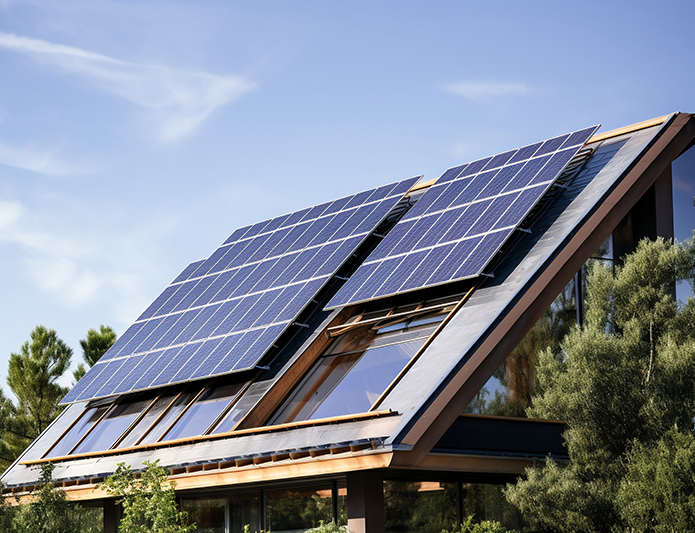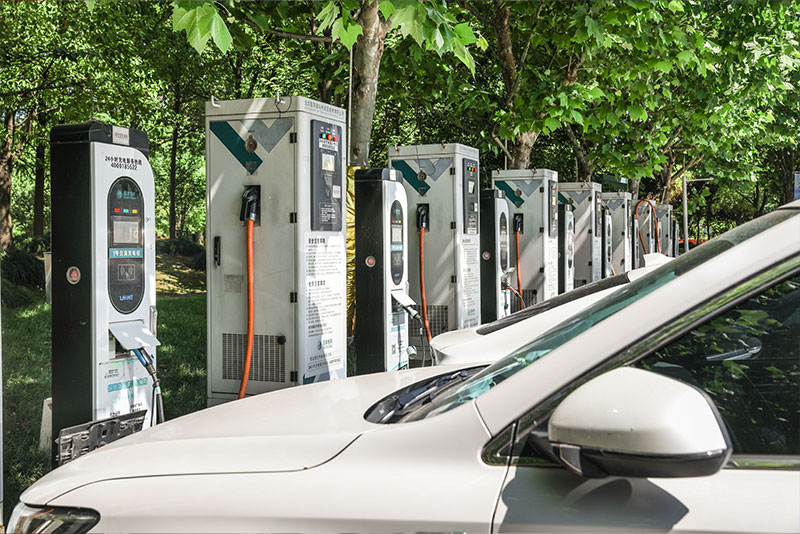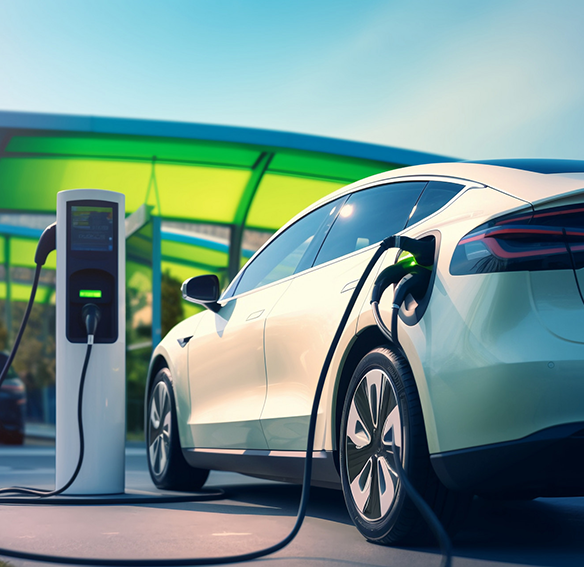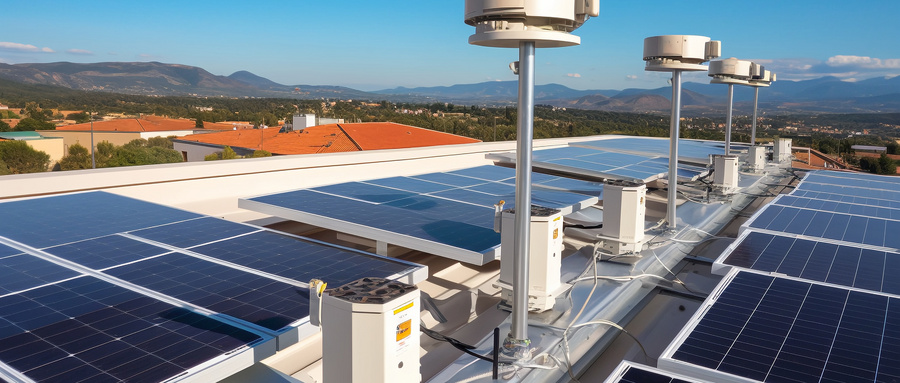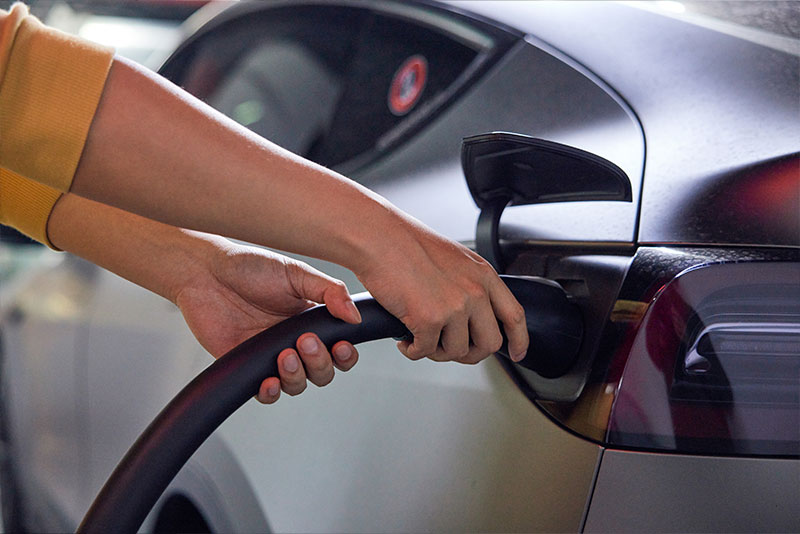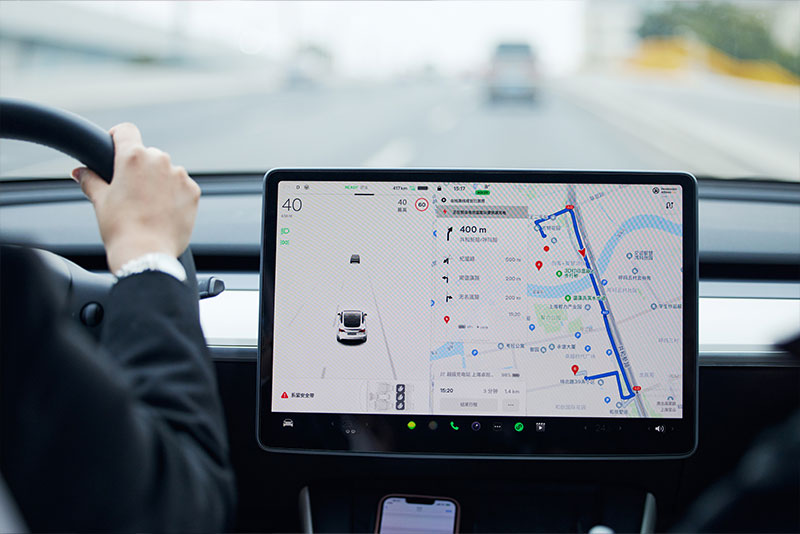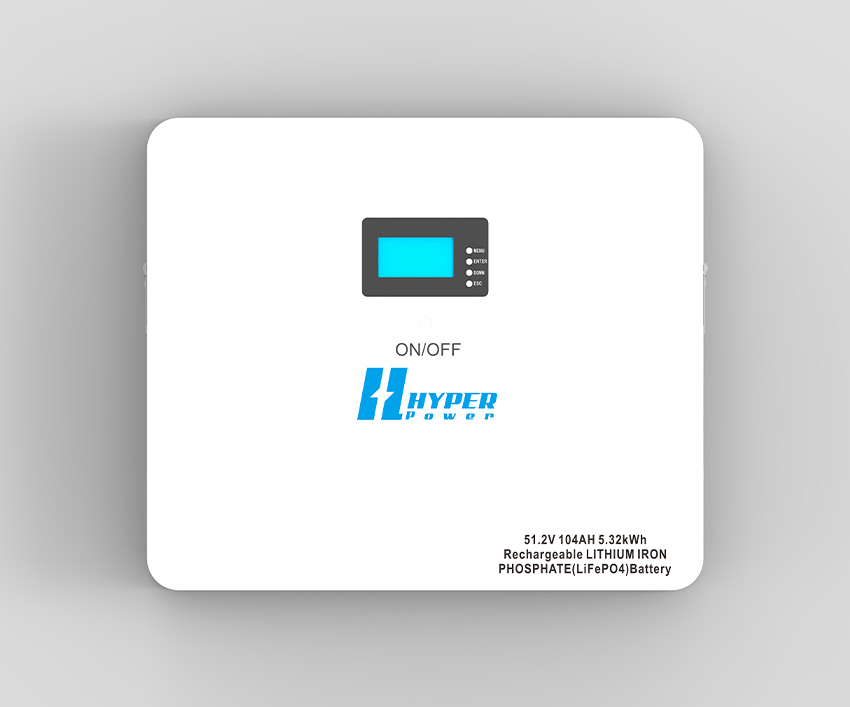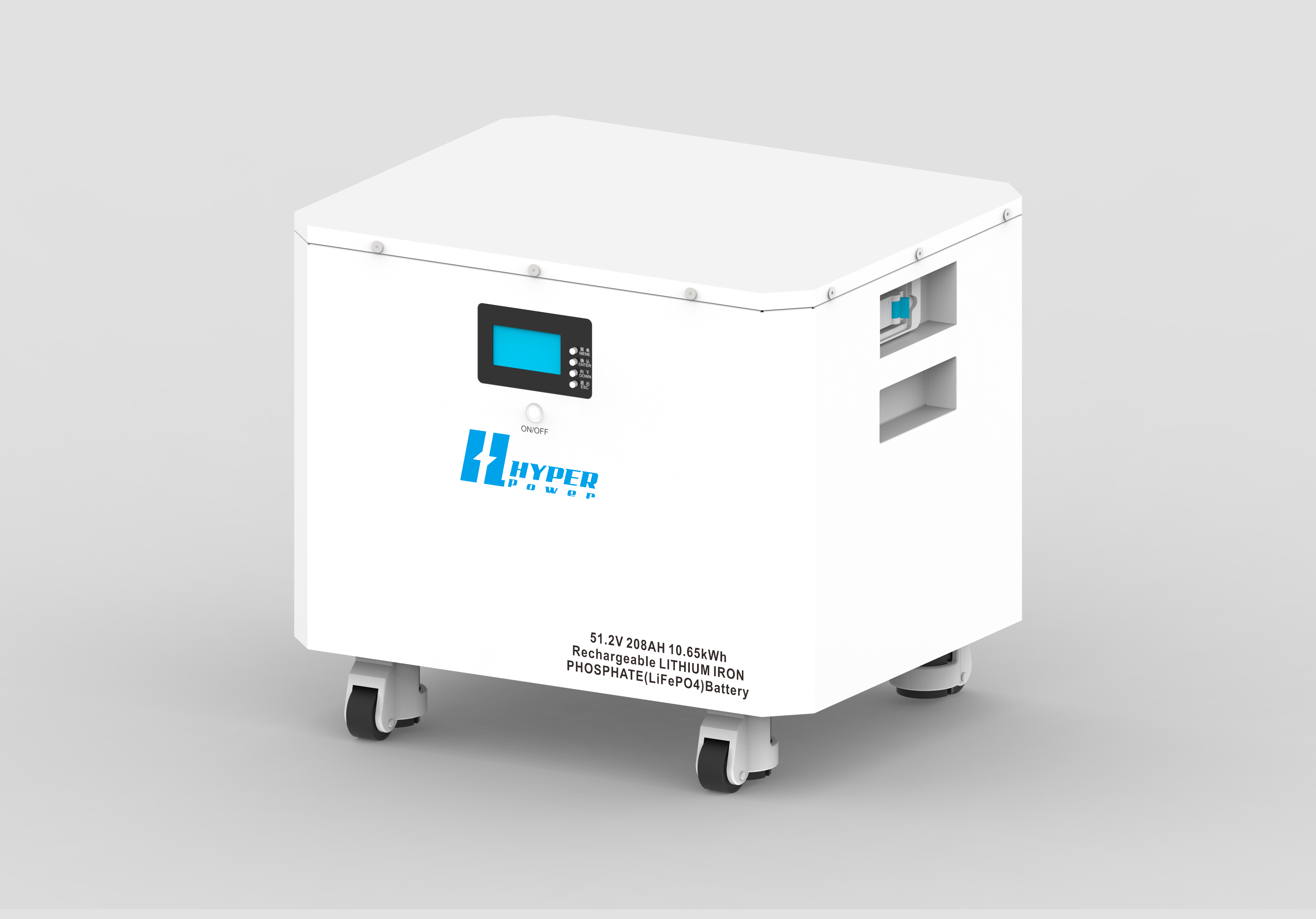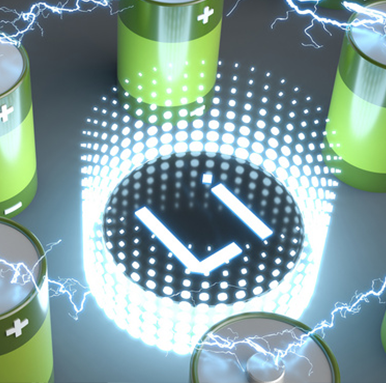Why a Lithium-Ion Battery for Home Power Storage is the Smart Choice
In today’s energy-conscious world, homeowners are more aware than ever of the benefits of renewable energy, efficiency, and sustainability. With the increasing popularity of solar power, wind energy, and electric vehicles, the demand for energy storage solutions that support these technologies has also risen. Lithium-ion batteries for home power storage have emerged as one of the best solutions for optimizing energy use, saving money, and contributing to environmental sustainability. If you're considering upgrading your home's energy system, here's why investing in household lithium-ion batteries could be the smart choice.
What is a Lithium-Ion Battery for Home Power Storage?
Before diving into why lithium-ion batteries for home power storage are so effective, it's important to understand what they are and how they function in the context of a home energy system.
A lithium-ion battery for home power storage is a type of rechargeable battery that stores electricity for later use. It works by charging during off-peak hours when energy demand is lower (often from renewable sources like solar or wind), and discharging when demand spikes or when the sun isn’t shining, providing power for the home. These batteries are particularly beneficial for homeowners using solar panels or wind turbines, as they store the excess power generated during the day for use at night.
The core difference between household lithium-ion batteries and traditional lead-acid batteries is in their construction and operation. Lithium-ion batteries use lithium salts and a liquid electrolyte to facilitate energy storage and release, while traditional batteries often rely on lead plates and sulfuric acid. This results in a far more efficient, reliable, and longer-lasting power storage solution for homes.
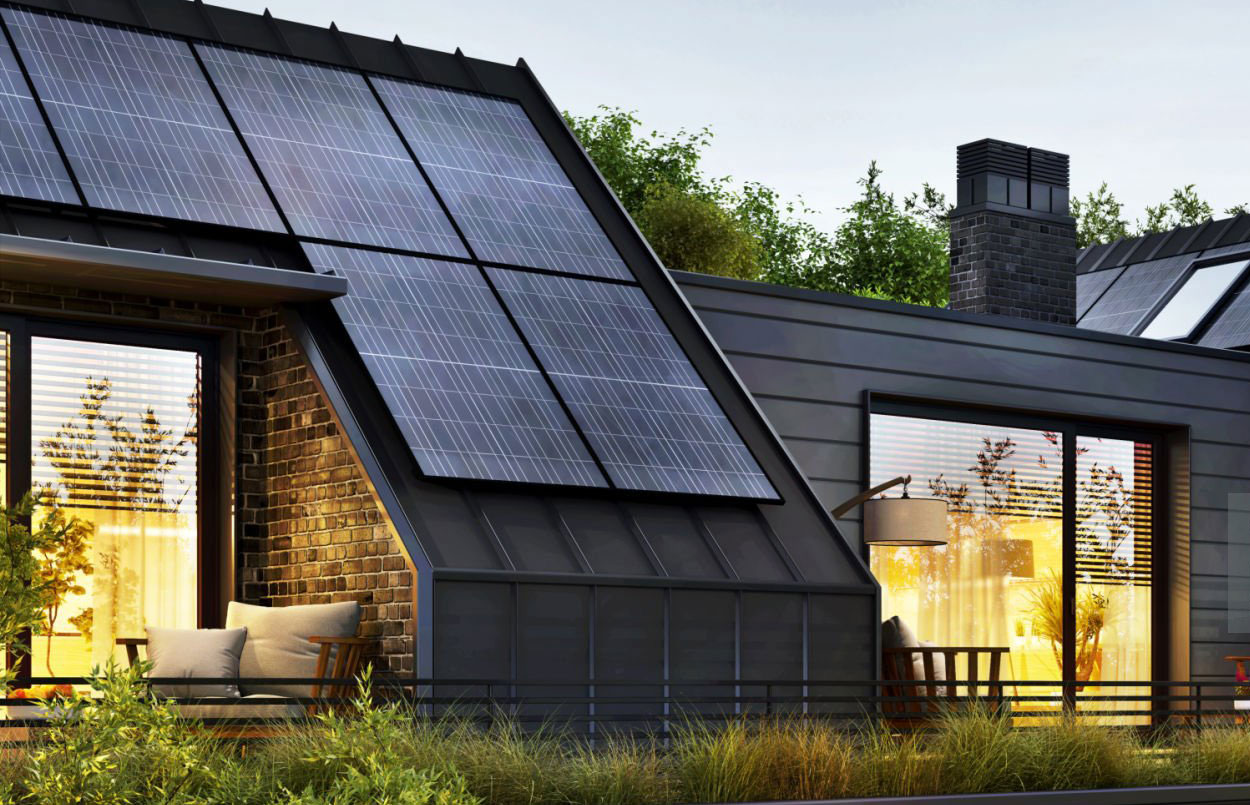
Key Advantages of Using Lithium-Ion Batteries for Home Power Storage
When it comes to home power storage, lithium-ion batteries have become the gold standard, largely due to their impressive range of benefits. Below, we’ll dive deeper into the key advantages of household lithium-ion batteries that make them a smart choice for homeowners.
1. Efficiency and High Energy Density
One of the biggest advantages of lithium-ion batteries is their high energy density. Simply put, lithium-ion batteries can store a large amount of energy in a relatively small, compact unit. This is particularly beneficial in home power storage systems, where space is often limited. With household lithium-ion batteries, you can store more power without taking up too much space, allowing homeowners to integrate them into smaller or more confined areas of their homes.
The high efficiency of lithium-ion batteries also means that they lose very little energy during the charge/discharge cycles. The battery can store energy more effectively, resulting in less wasted power and a more reliable energy supply when you need it. As energy costs continue to rise, homeowners can rely on their lithium-ion battery for home power storage to make the most out of every kilowatt-hour.
2. Longer Lifespan
Lithium-ion batteries are well-known for their long lifespan, which is one of the most important factors to consider when choosing a home energy storage solution. While lead-acid batteries typically last between 3 to 5 years, lithium-ion batteries can last anywhere from 10 to 15 years, depending on factors like maintenance and usage. This durability means that homeowners won’t need to replace their batteries as frequently, reducing the overall cost of ownership over time.
The long lifespan of lithium-ion batteries for home power storage makes them a cost-effective option in the long run. While the upfront cost may be higher than traditional batteries, the savings in replacement costs, reduced maintenance, and extended functionality more than make up for the initial investment.
3. Faster Charging and Discharging
When it comes to speed, lithium-ion batteries outperform many other energy storage solutions. These batteries are capable of both faster charging and discharging, meaning they can quickly store energy when it’s available and deliver it when it’s needed.
For example, during daylight hours, a lithium-ion battery for home power storage can charge rapidly with excess solar energy produced by solar panels. In the evening, when your home’s energy demand increases, the battery can discharge that stored energy quickly and efficiently, helping to reduce reliance on the grid. This quick turnaround is essential in maintaining a consistent energy supply, particularly when the power grid is down or in off-grid living situations.
4. Space-Saving Design
Space is a premium in most homes, and when it comes to energy storage, homeowners don’t want to sacrifice valuable square footage for bulky, traditional battery systems. Lithium-ion batteries are known for their compact, modular design. They can be installed in smaller spaces, like closets, basements, or garages, without taking up too much room. Their size also makes them easier to install in homes that have limited space for energy storage equipment.
This compact design also makes lithium-ion batteries for home power storage a perfect fit for homes that have limited rooftop space for solar panels or those looking to build a system incrementally. Homeowners can start with a small system and add additional batteries as their energy needs grow.
5. Reduced Environmental Impact
One of the key benefits of using lithium-ion batteries in home power storage systems is their environmental impact. Unlike lead-acid batteries, which contain toxic materials like lead and sulfuric acid, lithium-ion batteries are relatively more eco-friendly. The materials used in these batteries are less harmful to the environment and more easily recyclable.
Additionally, household lithium-ion batteries support renewable energy integration, enabling homeowners to store excess energy generated by solar or wind power. By storing and using renewable energy rather than relying on fossil-fuel-generated electricity, these batteries help reduce a home’s carbon footprint and contribute to a cleaner, greener future.
Why Household Lithium-Ion Batteries Are More Reliable
Reliability is a key factor when choosing a battery for home power storage, and lithium-ion batteries have an edge over traditional options in this regard.
Lead-acid batteries, while inexpensive, are more prone to issues such as sulfation and water loss, which can drastically reduce their performance over time. In contrast, household lithium-ion batteries are much less prone to failure, and their advanced Battery Management Systems (BMS) help optimize their performance. These systems continuously monitor the health of the battery, ensuring it operates at peak efficiency and preventing overcharging or deep discharging.
By maintaining a consistent voltage output and preventing battery degradation, the lithium-ion battery for home power storage offers a reliable, long-term solution that requires minimal maintenance, unlike traditional batteries which often need regular monitoring and care.
Lithium-Ion Battery Technology and Sustainability
The growing interest in lithium-ion batteries for home power storage ties directly into global efforts to reduce carbon emissions and support the transition to renewable energy sources. These batteries provide an essential function by enabling solar energy systems and wind power to be stored and used when the sun isn't shining or the wind isn't blowing.
Integrating household lithium-ion batteries with solar power systems can turn a home into a self-sustaining energy hub. With a properly sized lithium-ion battery for home power storage, homeowners can store the excess energy generated during the day, enabling them to reduce reliance on grid electricity at night or during peak periods, thereby cutting energy costs and reducing their environmental impact.
Additionally, these systems can even support off-grid living, making them ideal for rural areas, remote locations, or emergency preparedness. For environmentally-conscious homeowners, the choice of lithium-ion batteries for home energy storage offers an excellent way to contribute to the global shift toward sustainable energy use.

Cost Considerations
While the upfront cost of lithium-ion batteries for home power storage can be higher than traditional lead-acid batteries, it’s important to look at the total cost of ownership over the long term. The higher efficiency, longer lifespan, and reduced maintenance needs of lithium-ion batteries make them a more cost-effective choice over time.
Additionally, many governments and utilities offer incentives, rebates, or tax credits for homeowners who install lithium-ion batteries as part of their solar or home energy storage system. These incentives can help offset the initial investment and make the system more affordable.
As the demand for household lithium-ion batteries continues to rise, manufacturers are also finding ways to reduce costs, making these batteries more accessible to a broader range of homeowners. The ongoing decrease in lithium-ion battery prices is expected to further drive the adoption of energy storage systems in residential homes.
Challenges of Lithium-Ion Batteries for Home Power Storage
Despite their many advantages, lithium-ion batteries come with some challenges. These include:
- Upfront Costs: The initial investment for purchasing and installing household lithium-ion batteries can be high.
- Installation Space: While compact compared to traditional batteries, the installation of a lithium-ion storage system still requires space, often in a garage, basement, or utility room.
- Limited Recycling Infrastructure: Although lithium-ion batteries are more eco-friendly than alternatives, their recycling infrastructure is still developing, making disposal a concern for some users.
However, these challenges are outweighed by the long-term benefits, and as technology advances, the costs and challenges associated with lithium-ion batteries for home power storage are expected to decrease.
Conclusion
Investing in a lithium-ion battery for home power storage is undoubtedly a smart choice for homeowners looking to improve energy efficiency, reduce costs, and contribute to a more sustainable future. With their long lifespan, efficiency, and environmental benefits, household lithium-ion batteries provide a reliable, versatile, and eco-friendly energy solution for homes of all sizes. As the technology continues to improve and costs decrease, lithium-ion batteries will only become more accessible and even more beneficial for homeowners seeking to future-proof their energy systems.
Blog

Maximizing Energy Independence with Home Lithium Battery Storage

How Residential Photovoltaic Energy Storage Systems Empower Sustainable Homes
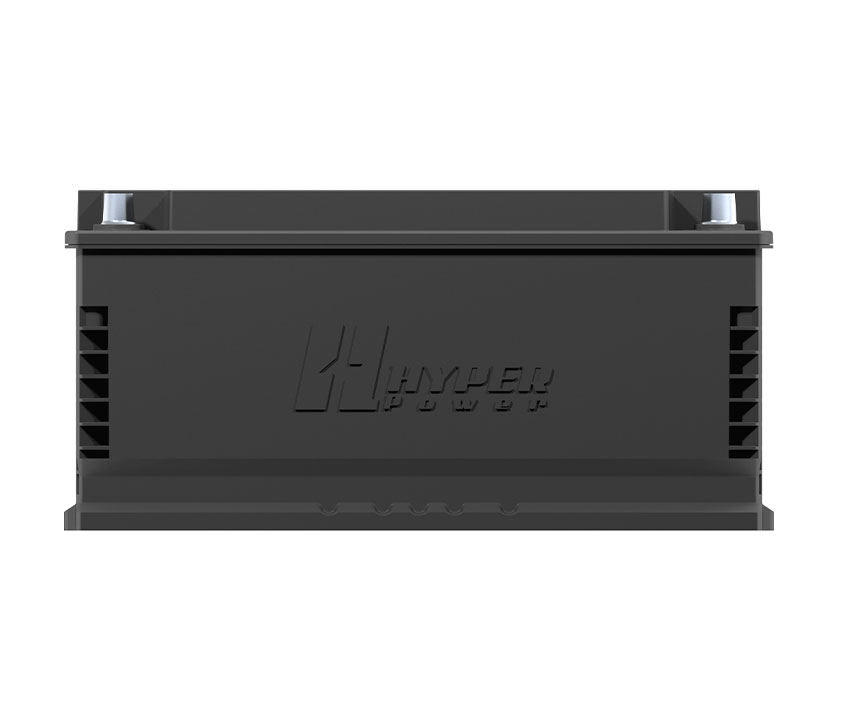
Why the 12V Lithium Ion Car Battery is the Smarter Automotive Power Solution — Insights from JEJE Energy
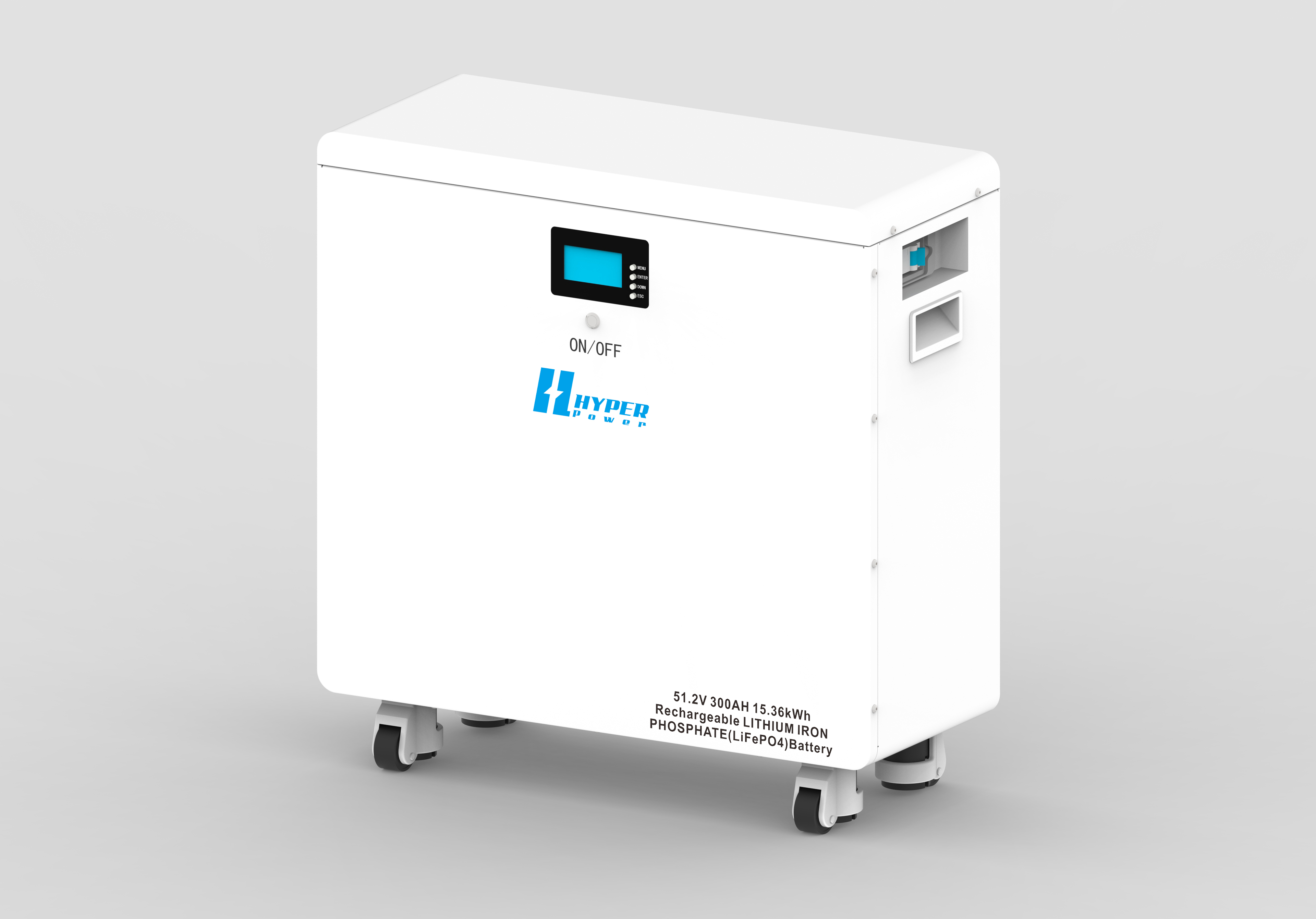





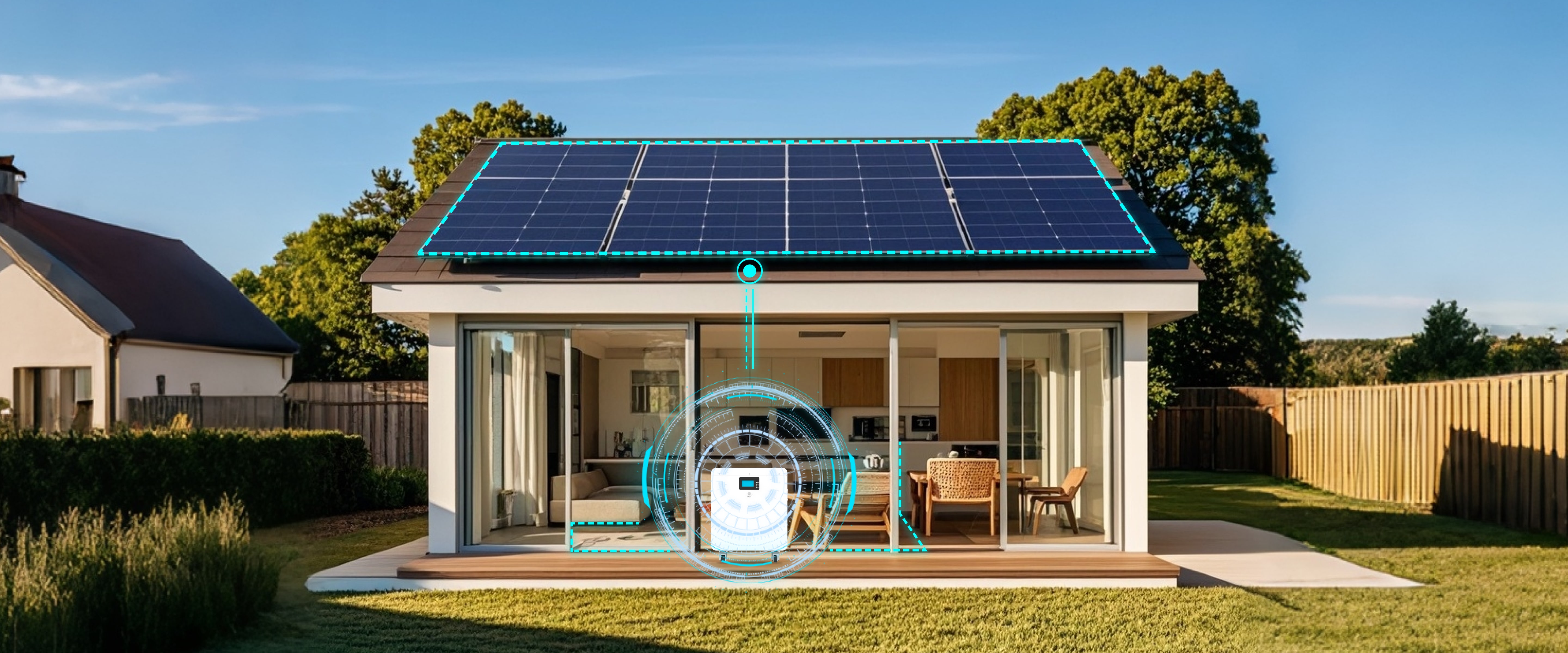

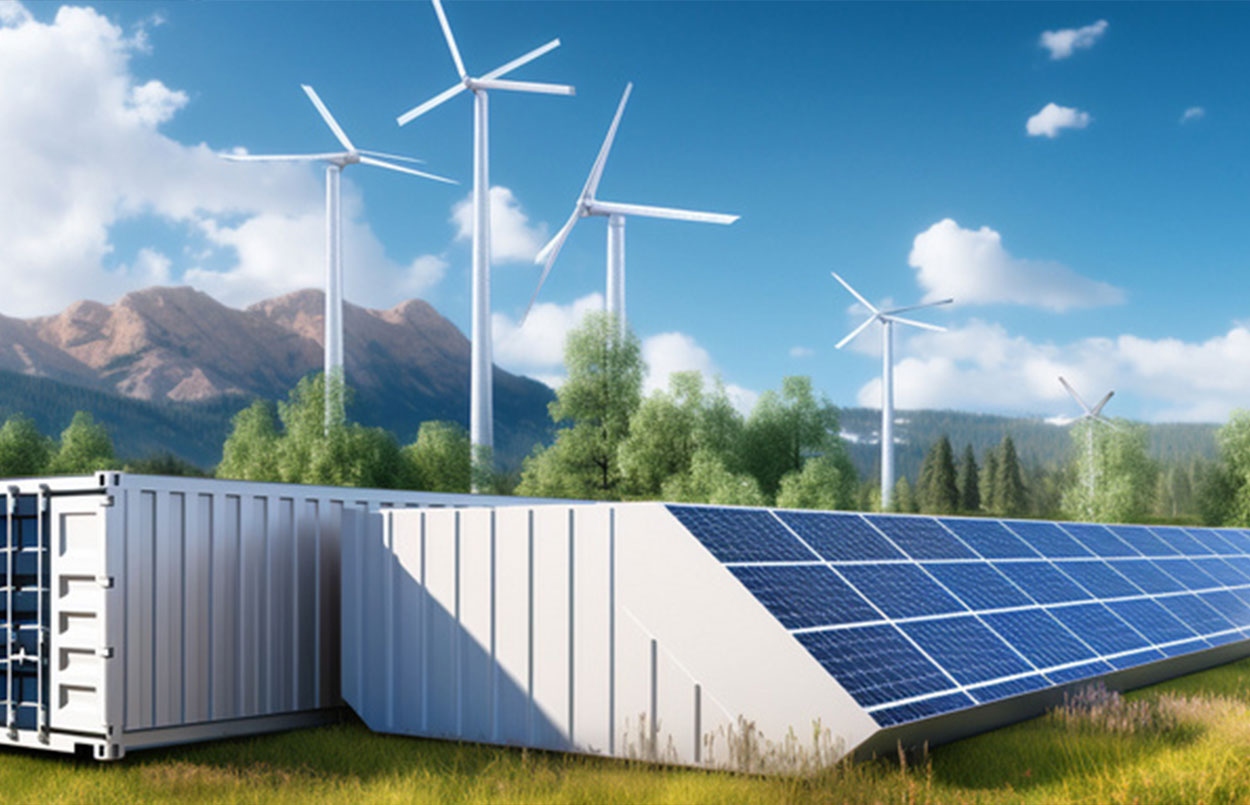

-Charging.png)
.jpg)





